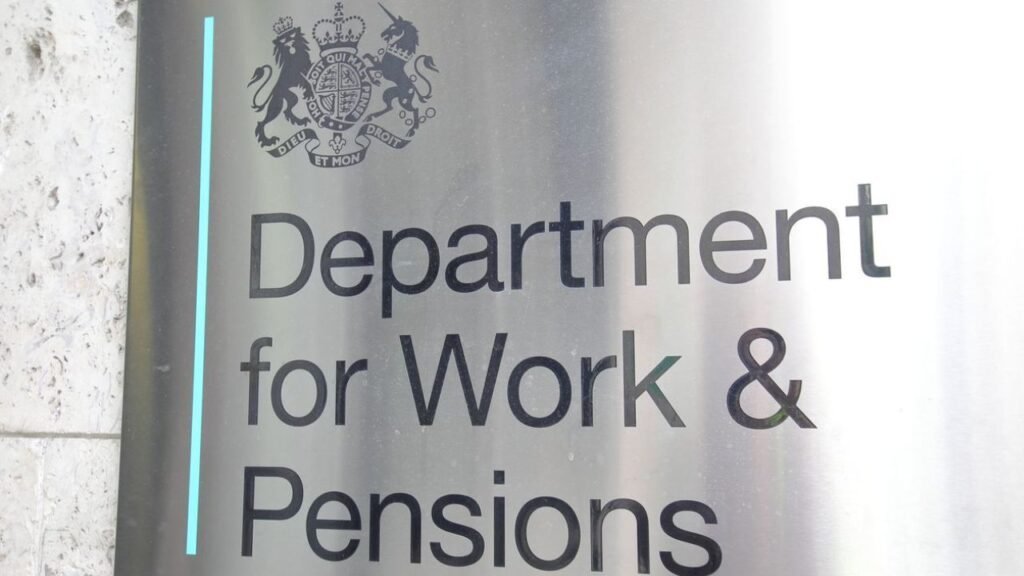There has been a recent buzz in the media about a £420 “boost” for those on Universal Credit, which seems like good news for many families relying on this support. However, the true nature of this change isn’t as straightforward as it might appear. Rather than a cash boost or a permanent increase in benefits, the £420 relates to a reduction in the automatic deductions made from Universal Credit payments. The new rules focus on lowering the percentage of a claimant’s allowance that can be deducted to repay certain debts. This adjustment may benefit some, but not everyone will see this as extra money in their pockets.
What’s Behind the £420 “Boost”?
The £420 figure often referred to in the media is derived from a change in the maximum percentage of Universal Credit that can be deducted for debt repayments. The Department for Work and Pensions (DWP) has reduced this limit from 25% to 15% of the standard allowance, meaning claimants will have a smaller portion of their benefits deducted for things like rent arrears, benefit advances, and other debts. For some people, this could amount to a significant annual saving, but it’s important to note that this is not the same as receiving a new payment. Instead, it’s the avoidance of losing money due to debt repayments.
How This Affects Claimants, A Closer Look at Deductions
To illustrate the impact of these changes, consider a claimant with a standard monthly allowance of £368.74. Under the previous rules, if 25% of this amount was deducted to cover debts, the claimant would lose £92.18 per month. With the new 15% cap, this amount is reduced to £55.31, leaving the claimant with an extra £36.87 each month, or around £442.44 annually. This is the £420 “boost” in question, but only applies to those whose deductions were previously at the full 25% rate. Not everyone on Universal Credit will see this adjustment, as many claimants have smaller or no deductions at all.
When Deductions Can Still Exceed the 15% Cap
While the reduced deduction cap is a positive change for some, it’s important to recognize that there are still cases where deductions can exceed the 15% limit. These exceptions are generally reserved for situations that are deemed urgent or mandatory, and can include unpaid child maintenance, rent arrears that could lead to eviction, utility bills that risk disconnection, and fines or penalties related to court decisions or fraud. In these cases, the DWP can still apply deductions greater than the 15% cap, meaning some households may not experience any financial relief from this rule change.
The “£420 Boost” Myth

Several media outlets have contributed to confusion by suggesting that all Universal Credit claimants will automatically receive an extra £420 each year. This interpretation is misleading, as the £420 is not a new payment, but rather a reduction in the amount that can be deducted for debt repayments. The change is designed to alleviate some of the financial pressure caused by debt deductions, but it does not equate to an increase in the overall Universal Credit allowance or a universal cash payment.
The Delay in Implementing the New Rules
One of the complicating factors in this situation is the delay in implementing the new deduction cap. Universal Credit is typically calculated based on monthly assessment periods, so claimants may not see the effects of the new rules immediately. As a result, the updated deduction limits might only be reflected in the following payment cycle, which can create confusion and uncertainty about how much will be received in future payments. This delay adds to the financial pressure many claimants face, as they may not know exactly how much they will be receiving until close to their payment date.
The Impact on Families and Financial Planning
The uncertainty surrounding Universal Credit payments can be particularly challenging for families who rely on these benefits to cover essential living costs. If someone’s income changes or new debts arise, their deductions could change again in the following month, making it difficult for claimants to plan their budgets. The lack of consistency in how deductions are applied only adds to the instability, leaving many claimants unsure of how much they can rely on their Universal Credit payments each month.
A Change, But Not a Windfall
While the reduction in the automatic deduction cap from 25% to 15% may provide relief for some Universal Credit recipients, it’s important to manage expectations. The £420 boost that has been discussed in the media is not a cash injection or a direct increase in benefits, but rather a reduction in the amount that can be taken from claimants’ payments to cover debts. For those who were already facing significant deductions, this change could make a noticeable difference, but it is not a universal benefit increase. Therefore, claimants should be cautious about expecting extra money in their pockets and instead view the adjustment as a way to reduce financial pressure caused by debt repayments.

